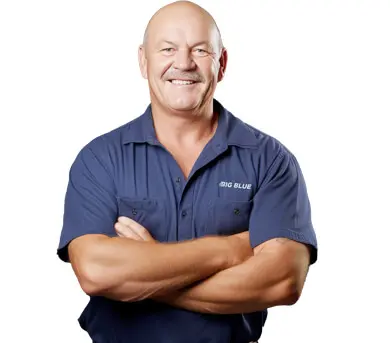With DIY projects becoming more popular, many homeowners often overlook important code requirements, essential safety precautions, and key plumbing guidelines.
Many homeowners take on tasks like fixing plumbing issues or general repairs, often relying on guesswork and unsuitable tools. However, when it comes to plumbing, especially in confined spaces, sticking to strict safety measures and using the right tools is crucial.
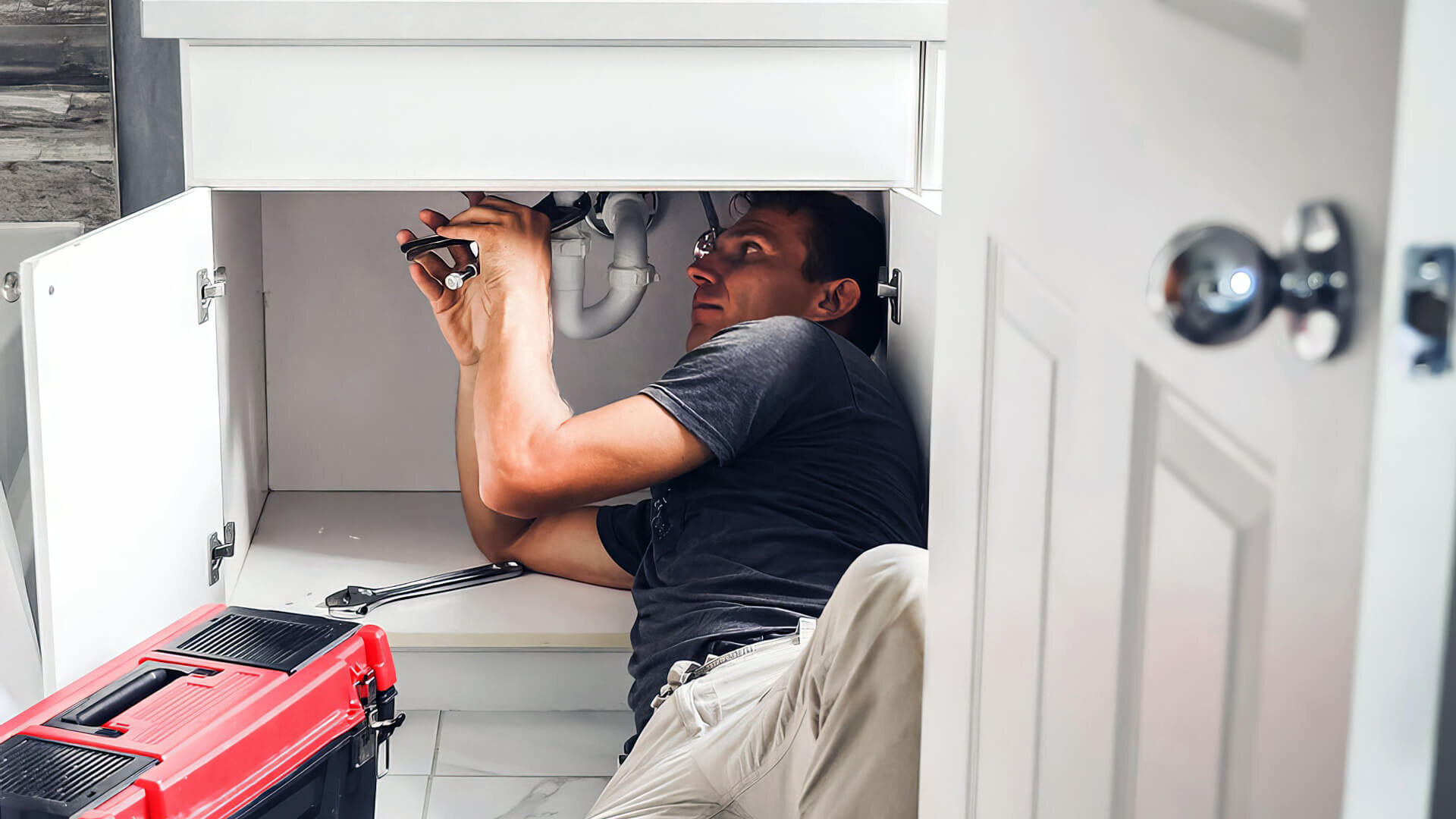
These precautions not only prevent safety and health risks but also align with legal requirements for plumbing installations, especially in the professional sphere.
Additionally, following maintenance and safety tips can help reduce your water bill by catching plumbing issues early. Read below to learn more about basic dos and don’ts during plumbing maintenance.
Plumbing Safety Tips For Homeowners
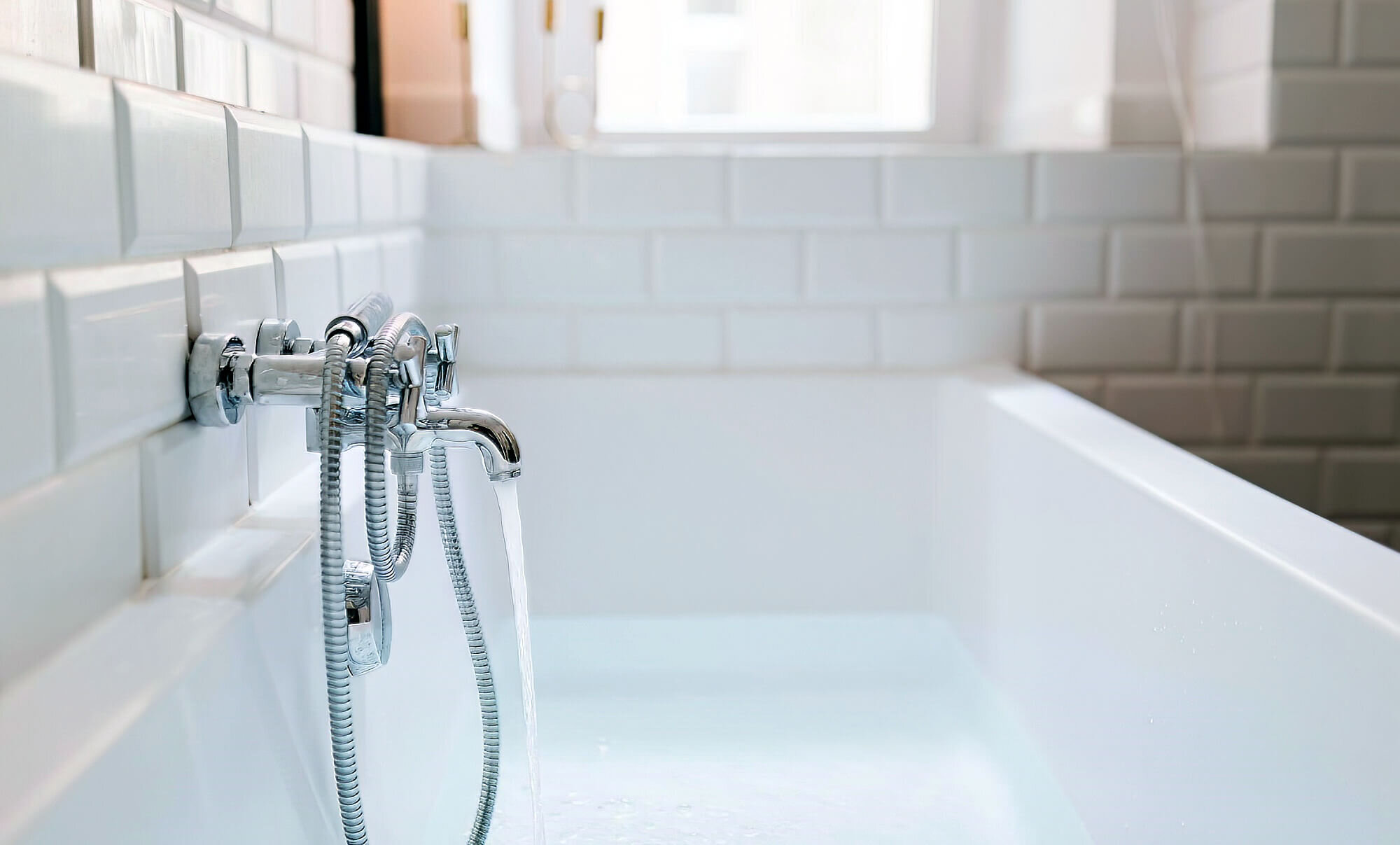
1. Check For Water Leaks
Water leaks are a common issue for many homeowners, often leading to mould and mildew, which can harm health. These leaks also contribute significantly to water wastage globally.
To check for hidden leaks, close the water supply to your house for a few hours and monitor the water meter. If the reading fluctuates, there might be significant leaks in the water supply. You can identify the source by checking faucets and exposed plumbing pipes. Other sure signs of leaks include water pooling near drains and the sudden appearance of moulds.
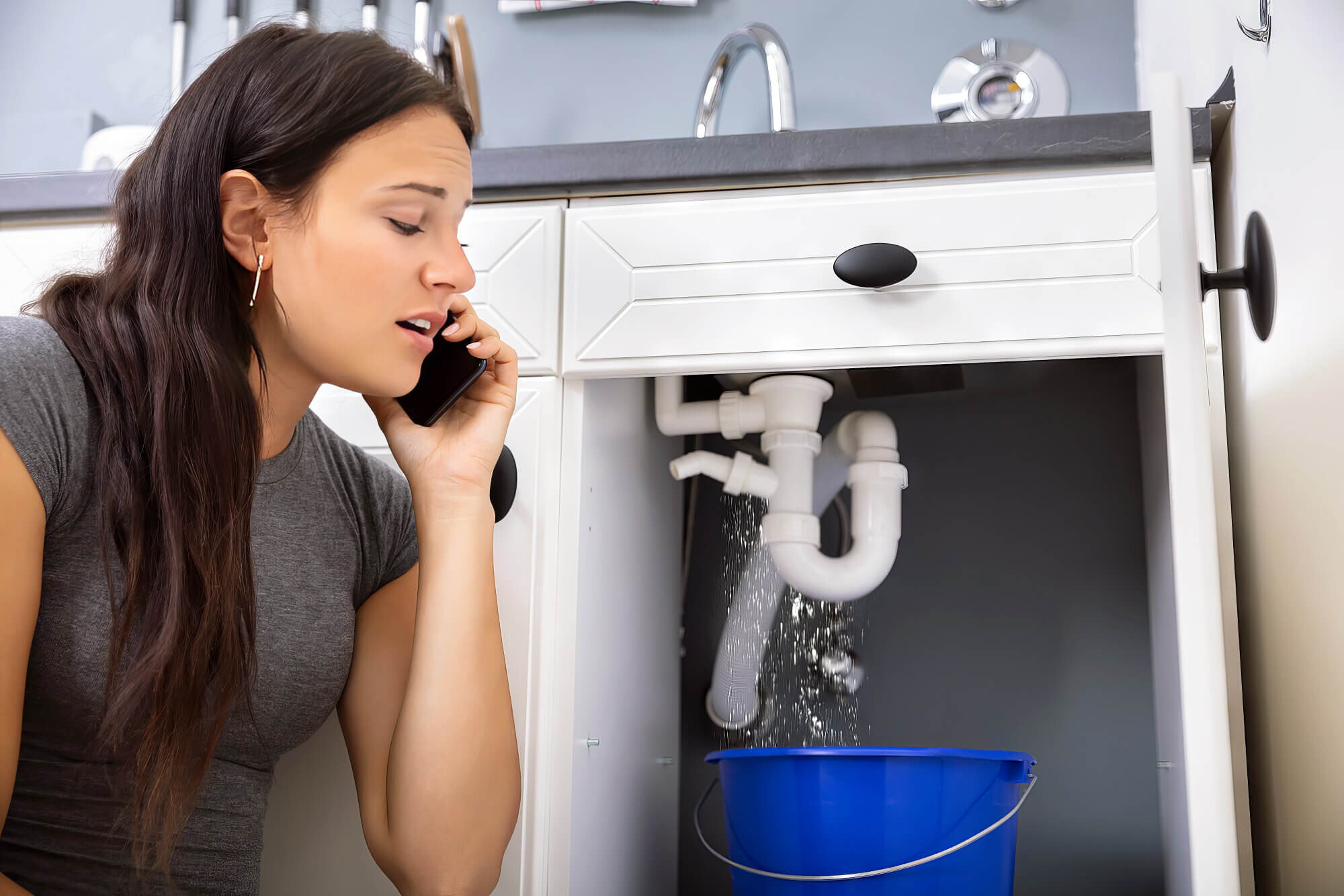
Further, if the leaks in your water supply have significantly progressed, hidden moulds might be within the walls, especially near appliances that release heat. Call leak detection experts or professional plumbers to resolve the issue.
2. Limit What Goes Down Your Drain
Besides water and soap, no unwanted items should make their way into the drain or toilets. You should never flush down toilet paper, cotton balls, feminine hygiene products, or nappies since they can cause clogging issues.
Even soap suds can clog the drain, so your drains will require regular cleaning to reduce the chances of any deposits that may restrict the water flow. Installing a drain cover is advisable to prevent hair or debris from clogging the toilet drains.
3. Open Drains Carefully
If you want to manually clean the drains instead of using drain cleaners, be careful when opening the drain parts so that the contents don’t spew all over you. Also, since you may come into contact with pressurised water or sewage, keep a distance from the opening when draining pipes.
4. Shut Off The Water Supply
In case of plumbing emergencies or major leaks, it is advisable to turn off the water supply using the shut-off valves to prevent your home from flooding.
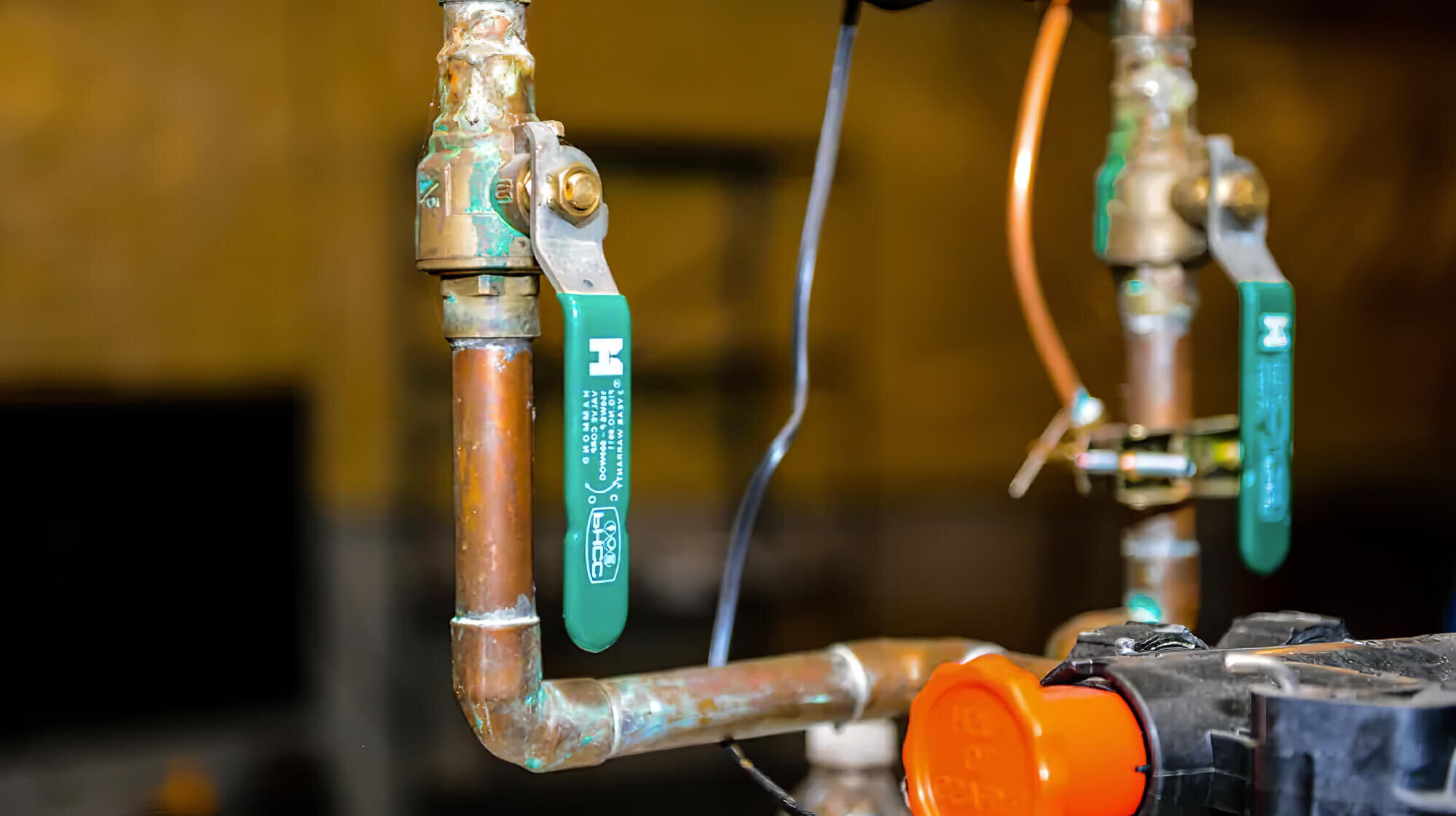
Every house has a main shut-off valve that cuts off the water supply to the entire space, but there are also individual valves under toilets and sinks for fixing a specific plumbing issue or area. This procedure is one of a licensed plumber’s first steps while working with various tools and equipment.
More importantly, checking all the shut-off valves around the house during yearly maintenance is a great way to know their locations for easier access during unforeseen emergencies.
5. Regularly Check Your Water Heater
A water heater is an essential plumbing fixture that requires proper maintenance. Although handling a water heater sounds dangerous, looking for early signs can prevent any safety risks involving hot water issues.
Check for leaks or puddles near the water heater and any moisture near pipes and the body. Additionally, signs like rust or loud noises indicate internal issues. If you have traditional water heaters, conduct a yearly cleaning session to drain any sediments–this will ensure smooth water heating and reduce your electricity bills.
6. Conduct Regular Inspections
Plumbers always emphasise the importance of regular inspections for good reason. Regular checks for leaks, dampness, backflow, and other issues can prevent bigger problems, saving you money over time.
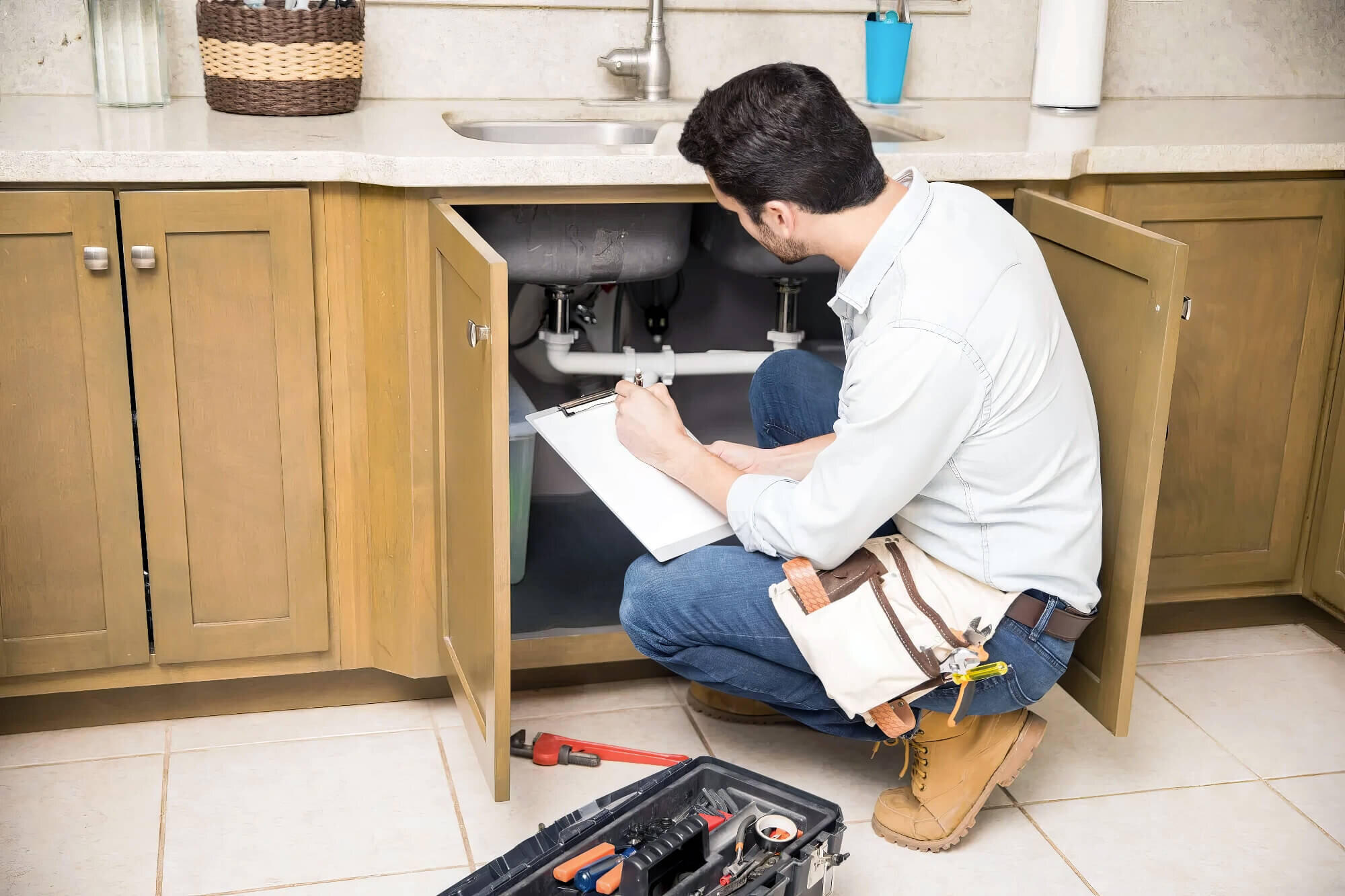
Some Other Things To Keep In Mind
1. Protect Your Eyes
Before every plumbing job, it is essential to use safety glasses for eye protection to protect your eyes from damage or injuries. Maintenance work involving personal protective equipment, like a drain snake, drill, saw, or hammers, can expose your eyes to high chances of damage. Working with unprotected eyes can also lead to damages caused by spewing sewage or debris while fixing drains.
2. Use Work Gloves
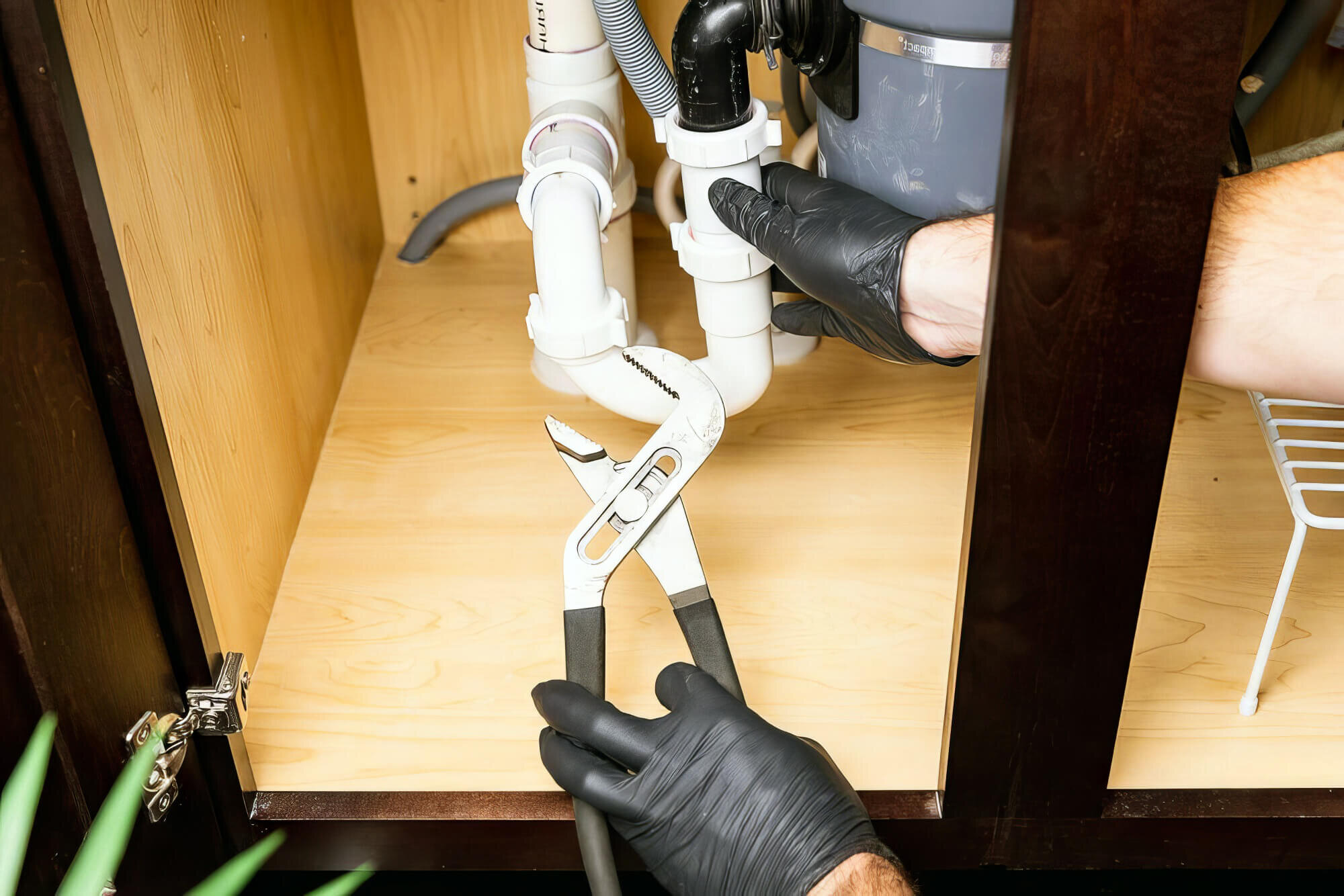
Plumbing maintenance work often requires handling several pieces of plumbing equipment, protective equipment, and materials that can be potentially toxic. So, it is essential to protect your hands with gloves during every plumbing work. However, working with a drain machine isn’t safe while wearing leather gloves, so opt for latex gloves instead.
3. Wear Masks
Many plumbing projects can expose you to dangerous fumes with bacteria and toxic chemicals, especially while fixing a burst pipe or toilet drain. When inhaled, these fumes or contaminants are a considerable health hazard and can cause severe lung damage and contribute to the risk of hearing loss; thus, plumbing and building codes make wearing a face mask compulsory, even for experienced professionals.
4. Use The Garbage Disposal Properly
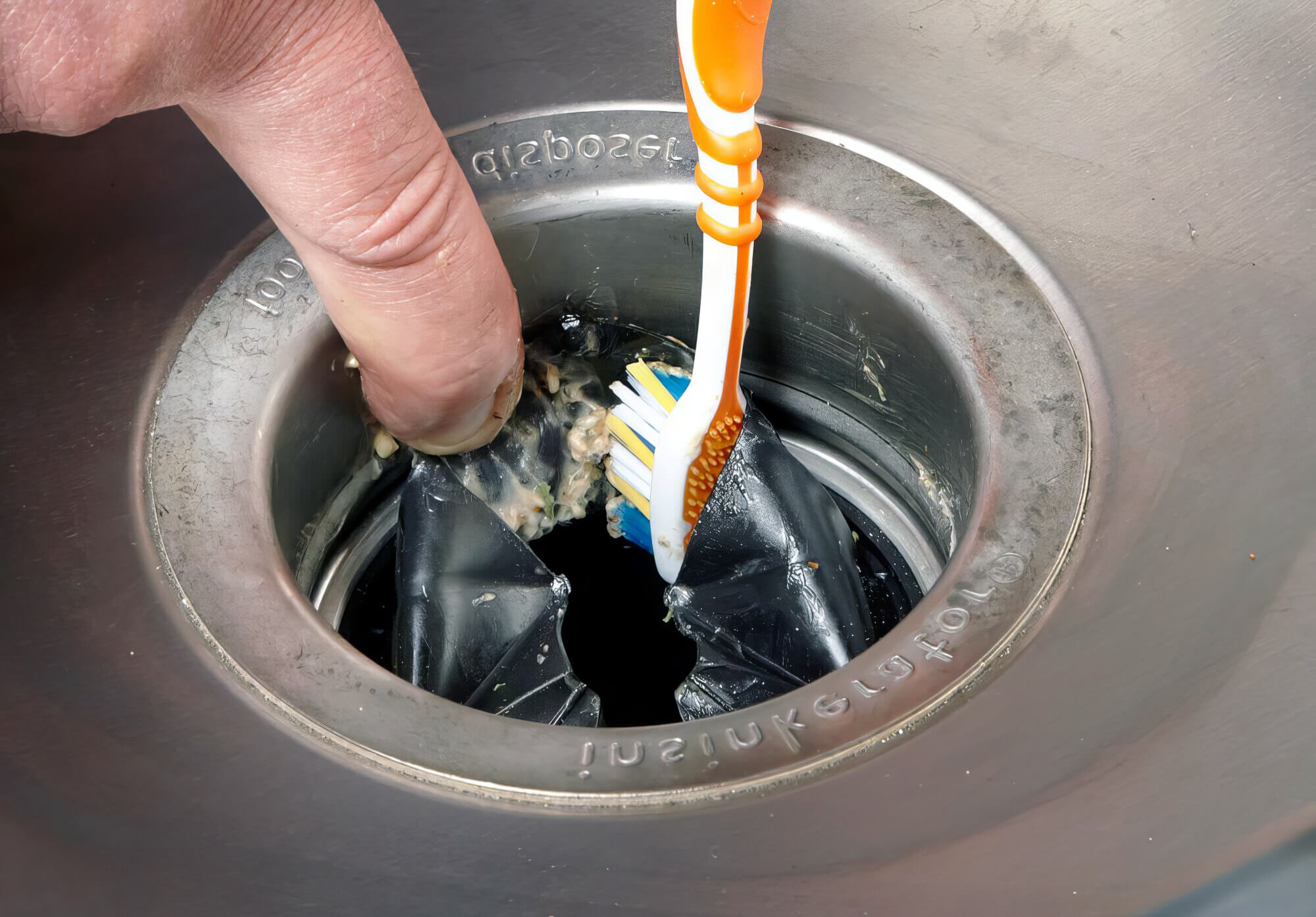
Forcing food scraps or solid waste materials down the garbage disposal can cause the waste to back up and create nasty clogs. Hence, ensure you avoid putting certain foods into the garbage disposal, including grease, starchy items, bones, fruit pits, tough meat, egg shells and fibrous items.
Before disposing of the item, consider whether it can dull the garbage disposal blades or whether throwing it into the dustbins is a good idea to maintain safety.
5. Always Read Labels
When using chemicals, drain cleaners, or machines during a repair, safety training will ensure understanding of any warning labels on the items. This can equip you with proper handling skills while making you aware of what first aid steps to take in emergencies.
6. Don’t Cut Blindly
Before cutting into a wall or floor, always ensure you know what’s behind the surface. Cutting into electrical wires, pipes, or insulation can cause flooding, violent accidents, house fires and even property loss.
Keep Your Plumbing System Running Smoothly With These Essential Safety Tips!
Utilising safety equipment and following simple guidelines can go a long way in preventing safety hazards and effectively fixing plumbing issues. However, it is essential to remember that even though DIY sounds reasonable for minor drainage issues and leaks, they might often lead to severe problems that require professional help.
Need to speak with a plumber? Reach out to our team today! At Big Blue Plumbing Buderim, we’re here for emergencies and regular inspections. Our services are fully transparent and compliant with all local plumbing codes to ensure your safety.
Watch this space to learn more about plumbing techniques and tips. Until then, goodbye!
